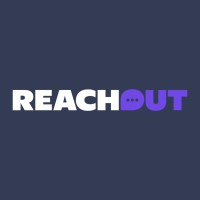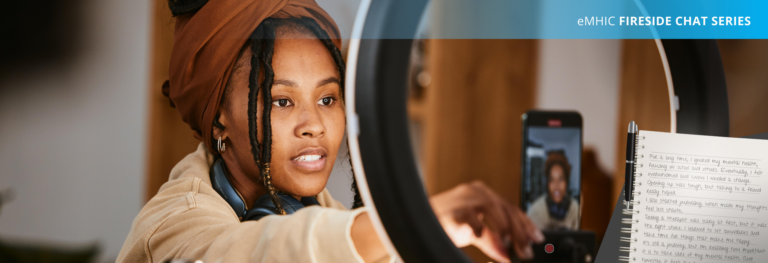ReachOut PeerChat provides free, one-to-one support delivered by peer workers for young people across Australia.
Youth mental health service, ReachOut, has launched ReachOut PeerChat – an evidence-based, one-to-one digital peer support service for young people across Australia.
ReachOut PeerChat is a safe, digital one-to-one peer support service that allows young people to connect with trained peer workers who offer perspective, learnings and support through their own lived and living experience of mental ill health and tough times. PeerChat is free, available to young people aged 18 to 25 years-old and each session runs for 45 minutes.
According to the Australian Bureau of Statistics (ABS), in 2020-21 approximately 40 per cent of young people experienced a mental health difficulty, more than one million young people with a mental health difficulty did not seek professional support for their mental health, and one in four reported that their need for counseling was not met. Sadly, suicide remains the leading cause of death for young people in Australia.
CEO of ReachOut, Ashley de Silva, said that the statistics demonstrate that PeerChat is a vital new addition to Australia’s mental health system.
“Australia faces an urgent need for youth mental health services to meet the increasing prevalence of mental health difficulties experienced by young people across the nation.
“ReachOut PeerChat has been co-produced with young people and professional peer workers to address the unique barriers that prevent so many young people from seeking help. These barriers include the fact that traditional counseling and clinical interventions can be overwhelming and confronting, the associated costs can be high, and there are very real workforce constraints. ReachOut PeerChat is free and anonymous.
“PeerChat is delivered digitally because approximately 50 per cent of young people go online for help when they are having a tough time. Young people tell us that they feel comfortable online and asked us to create a service like this,” he said.
PeerChat is led by a workforce of professional peer workers who have lived- and living-experience of mental health challenges. Each is trained to safely engage and connect with young people via the new service. PeerChat’s peer workers actively listen, let the young person guide the conversation and focus on individual strengths, hope and recovery.
Senior Peer Worker at ReachOut, Emily Smith, said that peer support has the power to help reduce the burden of mental ill-health on young people in Australia, those who care for them and the mental health system at large.
“PeerChat connects young people with peer workers who have lived- and living- experience of mental health challenges, in a format young people get and in language they understand. PeerChat will support young people across Australia who aren’t able or ready to engage with other mental health services, and otherwise may not access support,” she said.
PeerChat has been launched in conjunction with a new ReachOut brand. The rebrand has been timed and designed to ensure that the ReachOut brand is reflective of the evolving service. The new brand is underpinned by research and testing with young people. It has been designed to ensure that the service is continually able to communicate effectively with the young people most likely to benefit from ReachOut’s mental health support. ReachOut’s new brand includes a new positioning strategy, a new tagline (“helping young people feel better”), a new identity including logo and colours, and a new brand promotion campaign.
ReachOut also has a new site that guides young people, parents and teachers to the options they have to feel better using ReachOut, and get them there as fast as possible.
PeerChat has been funded by the Australian Federal Government and philanthropic supporters.
PeerChat is currently available five days a week (1–9 pm Monday–Thursday, 10 am – 6 pm on Fridays). To access the service, young people simply head to ReachOut.com/PeerChat to make a booking. For more information about PeerChat visit ReachOut.com.
Click here to see the original article on ReachOut’s website.





